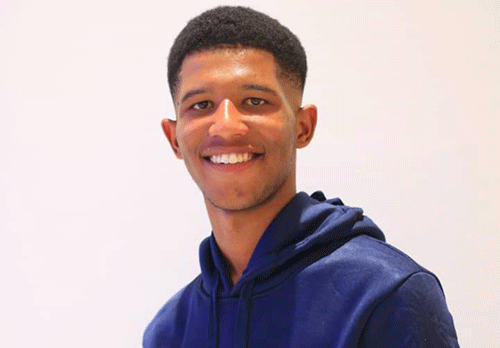Shonena V. Nathanael
Namibia’s democracy is signified by the people’s Parliament, a symbol of citizen participation and an embodiment of collectivism, which amplifies society’s voices.
However, the Powers, Privileges and Immunities of Parliament Act 17 of 1996, with its well-intentioned goals of safeguarding Parliamentary proceedings, inadvertently casts a shadow on the fundamental right of citizens to protest peacefully.
The Legal Assistance Centre (LAC) notes that the act criminalises the obstructing or intimidating of MPs within the precincts of Parliament.
The term ‘precincts of Parliament’ is expansively defined, encompassing not just the chamber but also the surrounding areas.
While these rules aim to protect the legislative process, they inadvertently stifle the legitimate voices of nonviolent protesters seeking to hold MPs accountable.
Parliament is more than just a building; it is a symbolic space where elected representatives make decisions that shape our nation’s future.
Yet, these decisions impact the very citizens who elected them. Protest is a democratic right, a tool for the people to voice their concerns and ensure their elected representatives remain true to their mandates.
Our memb e rs of Parliament (MPs) are elected by the people to serve their interests. This inherently implies a responsibility for MPs to answer to their constituents. Protests at Parliament are not acts of aggression; rather, they are expressions of frustration, and a call for transparency and accountability.
While there are little to no studies on the impact of legislation, limiting peaceful protest to Parliament, one can note that protests near, within the vicinity of Parliament, are cornerstones to the introduction of progressive legislation, and they can lead to a more democratic legislative house.
For e x ampl e, the #ShutItAllDown protest in 2020 shook the nation when it closed Independence Avenue and moved within the vicinity of Parliament as they called for a state of emergency to be declared.
This later led to Parliament drafting and passing several bills to address the growing rate of SGBV cases in Namibia.
We can also note that in countries where citizens’ voices are actively heard, trust in the political system is notably higher.
Comparatively, countries that have embraced the right of protesters (Powers, Privileges and Immunities of Parliament Act 17 of 1996) to access their legislative spaces have experienced a more vibrant and engaged citizenry.
This inclusivity fosters a sense of belonging and strengthens the bond between citizens and their elected representatives.
For instance, countries like Sweden and Canada have successfully balanced the need for security with the right to protest, leading to more robust democracies.
Notably, instances where access to legislative spaces is heavily restricted have seen a rise in public discontent.
History tells us that stifling dissent can lead to deeper societal divisions and erode the very democratic foundations we seek to uphold. As we reflect on these lessons from around the world, Namibia stands at a crossroads.
We must ask ourselves: do we want a democracy where citizens’ voices are muffled, or do we aspire to be a beacon of inclusivity and openness?
While the Powers , Privileges and Immunities of Parliament Act aims to safeguard the sanctity of Parliamentary proceedings, it inadvertently risks silencing the very citizens whose voices should echo within its walls.
As a nation, committed to democracy, let us re-evaluate these rules, ensuring they do not inadvertently stifle the legitimate and democratic right of the people to protest peacefully and hold their elected representatives accountable.
After all, the people’s Parliament should truly belong to the people.
*Shonena V. Nathanael is a first-year English and Linguistics student at NUST, LearningPlanet Youth Fellow and a human rights activist.



